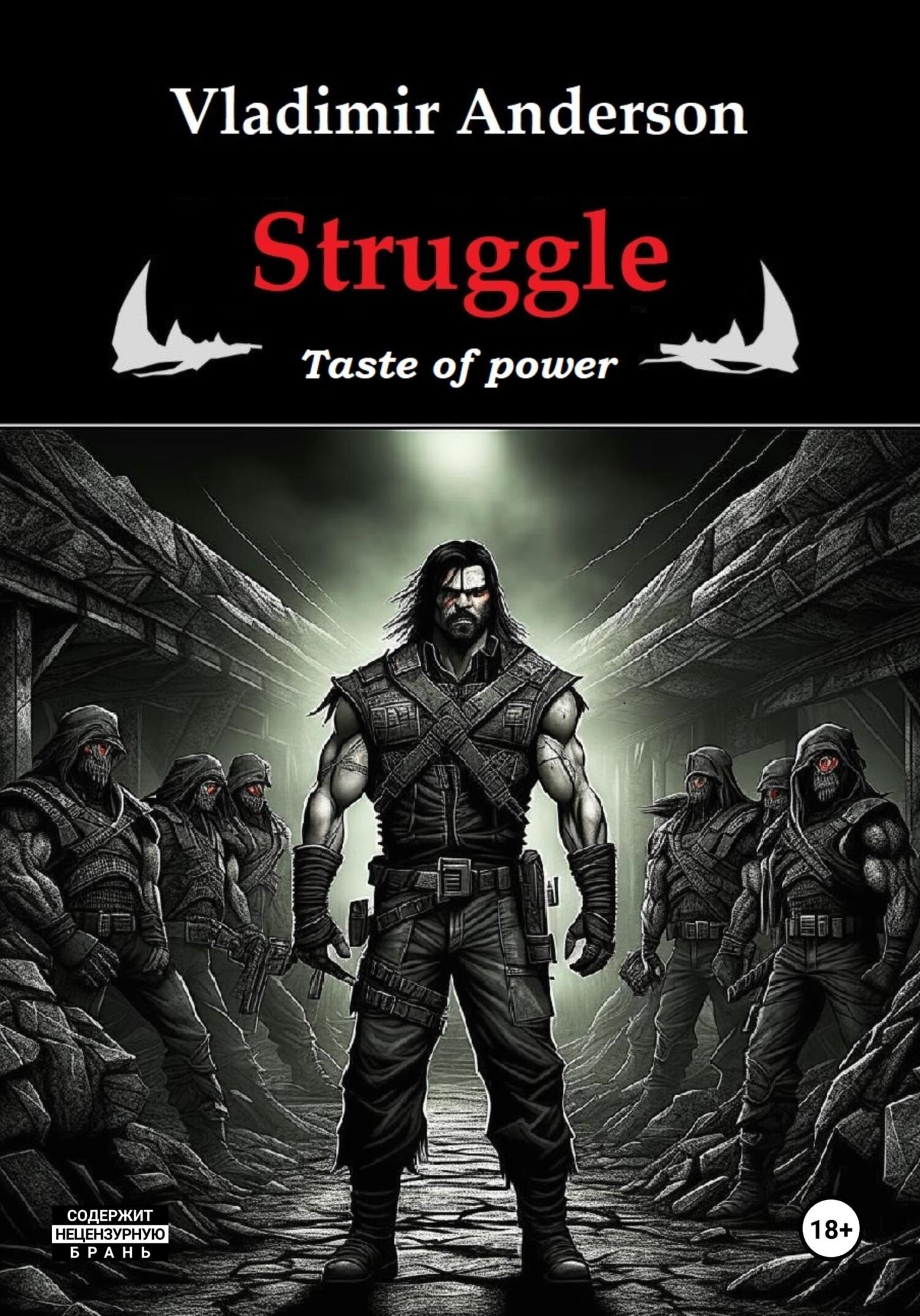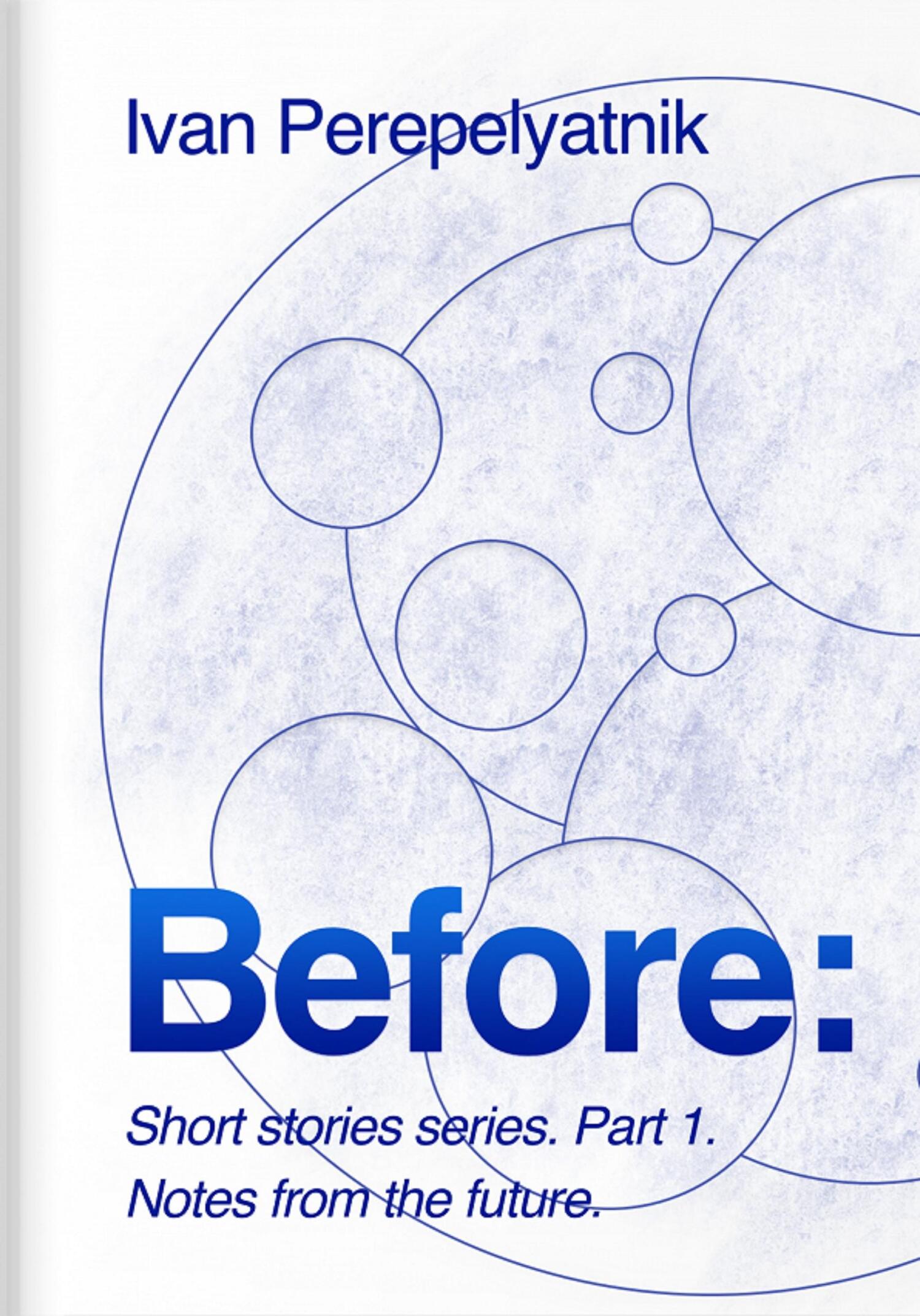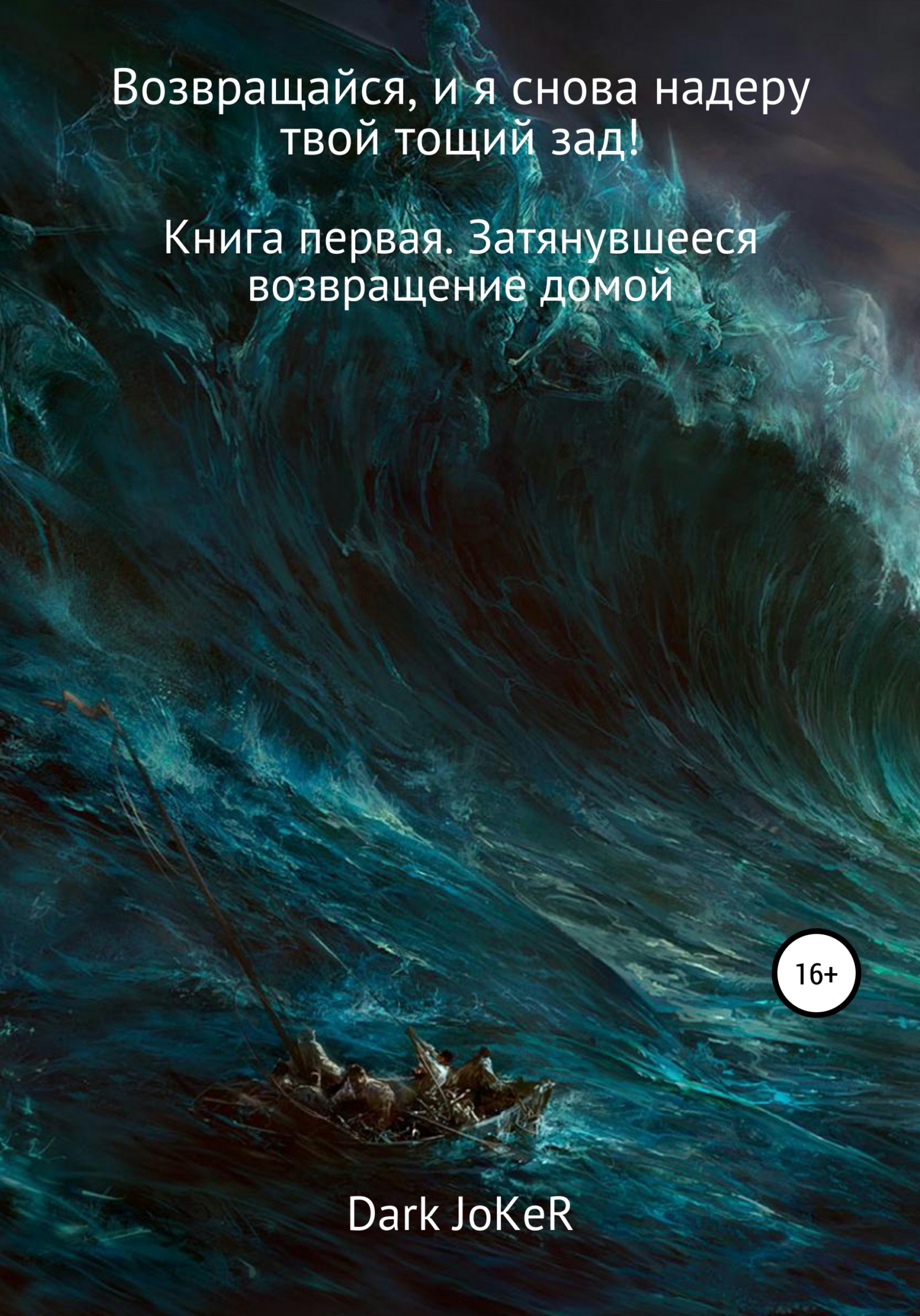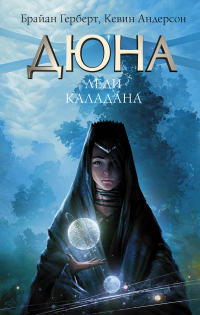Книга Struggle: The Path to Power - Владимир Андерсон
На нашем литературном портале можно бесплатно читать книгу Struggle: The Path to Power - Владимир Андерсон полная версия. Жанр: Научная фантастика / Боевики. Онлайн библиотека дает возможность прочитать весь текст произведения на мобильном телефоне или десктопе даже без регистрации и СМС подтверждения на нашем сайте онлайн книг knizki.com.
Шрифт:
-
+
Интервал:
-
+
Закладка:
Сделать
Перейти на страницу:
Перейти на страницу:
Внимание!
Сайт сохраняет куки вашего браузера. Вы сможете в любой момент сделать закладку и продолжить прочтение книги «Struggle: The Path to Power - Владимир Андерсон», после закрытия браузера.
Книги схожие с книгой «Struggle: The Path to Power - Владимир Андерсон» от автора - Владимир Андерсон:
Комментарии и отзывы (0) к книге "Struggle: The Path to Power - Владимир Андерсон"
























